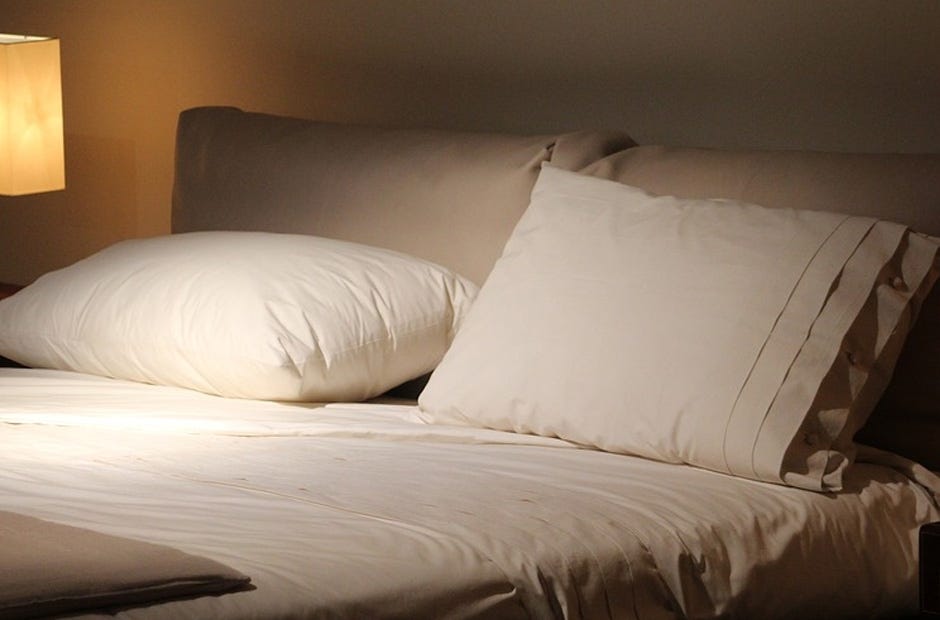![Having comfortable bedding is among tips for adequate sleep, according to North Okaloosa Medical Center. [Pixabay.com]](http://127.0.0.1/wordpress/wp-content/uploads/2022/01/ghows-DA-554e5818-5ca4-477b-e053-0100007f0884-ca8933ea.jpeg)
CRESTVIEW — It's back to school season, and that means parents should ensure kids get adequate sleep.
According to Dr. Mervin Manuel of North Okaloosa Physican Group Pediatrics, "Studies have shown that lack of quality sleep increases the likelihood of anxiety, depression, poor academic performance, and even physical pain."
Parents uncertain about how much sleep their children need per night to be at their best may consider the following guidelines:
•10-11 hours for ages 5 -8
•9.5-10 hours for ages 9-12
•8.5-9.5 hours for ages 13-18
Here are the center's guidelines for improving sleep habits.
1. Start going to bed earlier before school begins. Moving bedtime back about 15 minutes from the summer schedule reduces the "shock of the new, earlier wake-up times during the first couple of weeks of school," a North Okaloosa Medical Center media release states.
2. Consistency is key. Sticking to a bedtime schedule, even during weekends, helps set a routine.
3. Develop a relaxing bedtime routine. Things like taking an after-dinner walk, a bath, or reading a book are all good ways to wind down beforehand.
4. Turn off electronics. Devices such as televisions, computers and mobile devices should be shut down at least one hour before bedtime. The light from them tricks the brain into thinking it should be awake.
5. Create an ideal sleep environment. Don't use beds for reading, computing or watching television. Keep the area quiet, dimly lit or dark, and cool, from 68-72 degrees. Use comfortable bedding and a white noise machine or fan, if necessary.
6. Exercise and eat healthy food. Kids should get up to an hour or so of physical exercise during the day, up to an hour before bedtime.
"Avoid feeding children fatty or processed foods, and keep sugar and caffeine intake to a minimum. Poor nutrition is the most likely cause of sleep disturbances, for both children and adults," the release stated.
This article originally appeared on Crestview News Bulletin: 6 ways to get adequate sleep this school year
